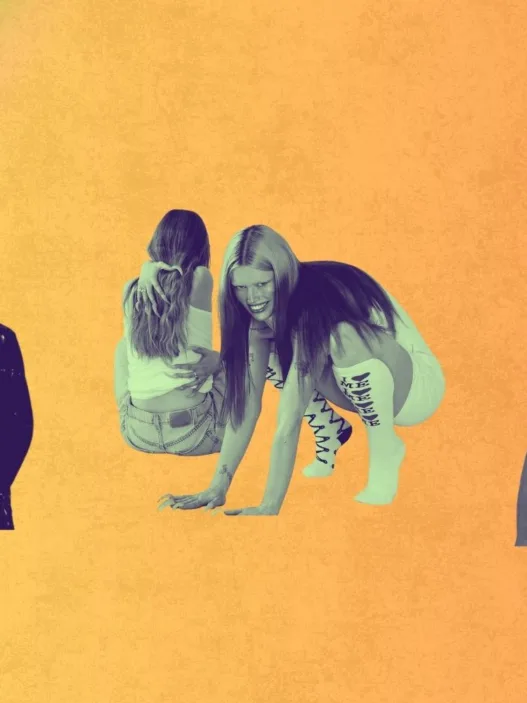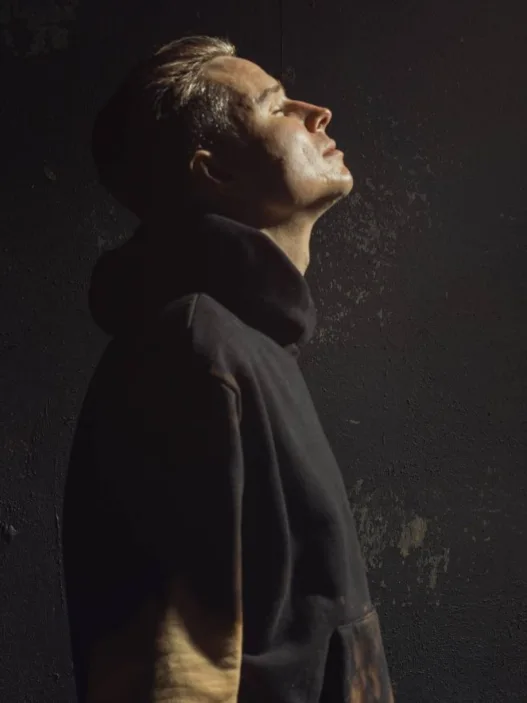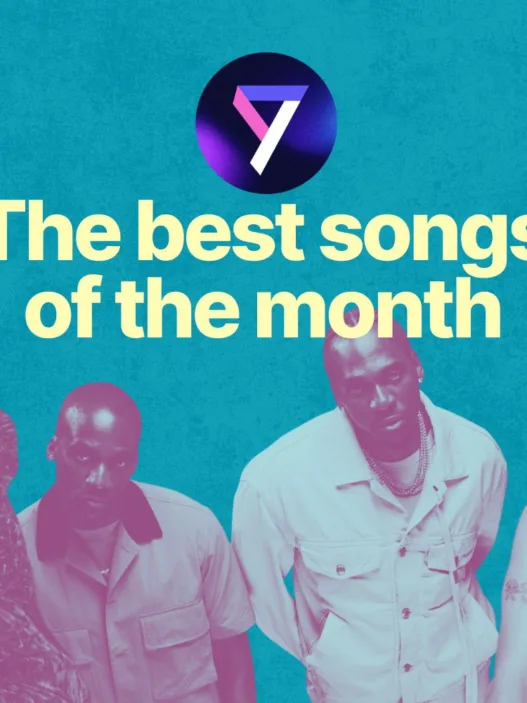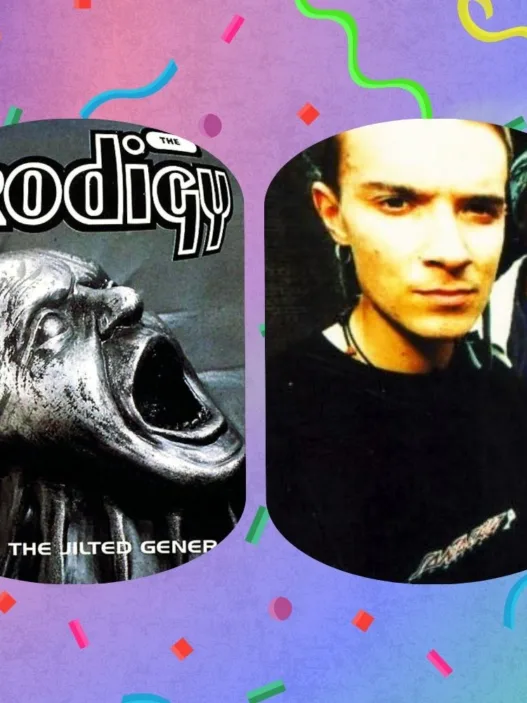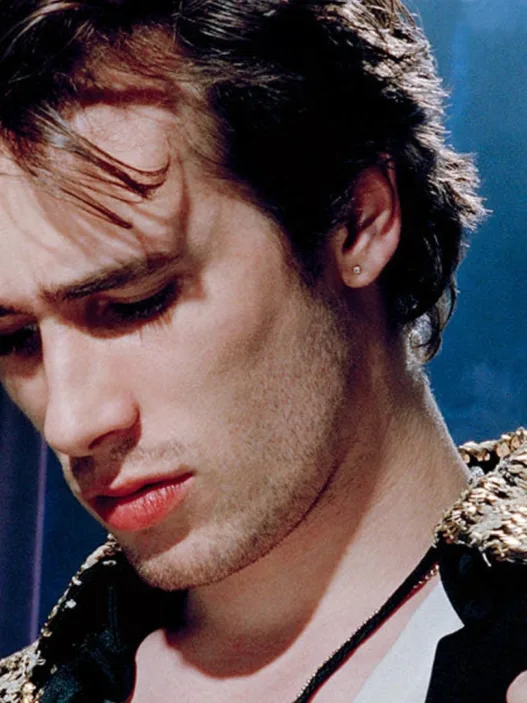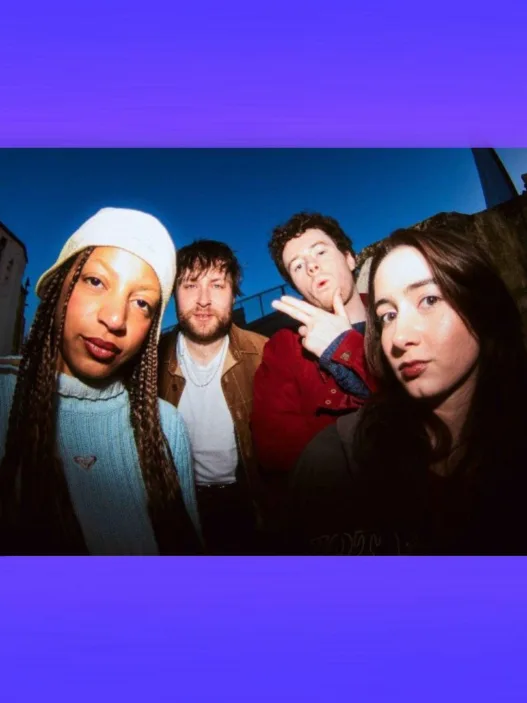The government released the Night-Time Economy Taskforce report at the Button Factory today, outlining recommendations that should apply to the governing and licensing of late night events in future.
The extensive report was launched by Catherine Martin T.D., Minister for Tourism, Culture, Arts, Gaeltacht, Sport and Media and includes 36 proposed actions across reforming of licensing laws, the recognition of club culture and support of electronic music, developing the night-time economy, regulation and planning, improved transport links and safety.
These include:
The Night-Time Economy
- Establishing of six new Night-time Economy Advisors in six cities and towns to develop new Night-Time Economy opportunities.
- Examine Agent of Change initiatives, whereby existing cultural spaces have to be taken into account when building is taking place
- Immediate review of noise regulation to ensure better co-ordination in the management of noise for residents, venues and authorities.
- New best practice planning guidance for local authorities to ensure that Night-Life and culture are embedded into the planning process.
- Facilitate arts and cultural/event spaces to work together and facilitate more use of publicly-owned cultural buildings and heritage sites for night-time events.
- Working with vintners and other stakeholders to develop a new Scheme to revitalise night-life across the country and provide opportunities to artists in the community.
- An examination of the practical implications of ‘meanwhile use’ for planning and other legislative codes to enable the potential for buildings to be used for Night-Time Economy activities.
- Bring more venues into late night use by linking promoters and artists with existing spaces through a new annual exchange forum, the New late-night pilot programme for Culture Night.
- Review current funding schemes to ensure the Night-Time Economy is adequately included for financial support short-term COVID 19 and Support Schemes and longer-term schemes right across Government.
Licensing and opening hours
- As part of proposals outlined in the Justice Plan 2021 earlier this year and a memo released by the Minister Helen McEntee as well as information released in the report today, licensing laws are to be looked at.
- Licensing laws will be reformed and modernised.
The outdated Licensing Acts, Registration of Clubs Acts, and the Public Dance Hall Act 1935, will all be repealed and replaced. - Extended opening hours for pubs, venues and nightclubs.
- Introduction of interim measures to be examined to ease pressure on businesses including the review of Special Exemption Order (SEO) fees (late night fees that cost a venue €420 plus solicitors fees to open late every night). An annual nightclub permit is proposed instead.
- Standardised event planning system across Local Authorities for events of 5,000 and under with a view to migrating all applications online.
- Major reform of the licensing laws to support the culture and hospitality sectors and modernise and diversify the Night-Time Economy offering.
- The extension of opening hours in the National Cultural Institutions and the development of new pilot projects for late night activity.
- Sunday closing hours would fall in line with the rest of the week.
- Staggered closing times to stop the overwhelming influx of people at once into the streets.
- Bring forward recommendations which allow for limited event licensing including the granting of Music and Singing and Theatre licences or “Entertainment licences” to event spaces for limited periods of time, rather than the current regime of annual licensing only.
Safety and transport
- Improved transport options including 8 new 24-hour routes in Dublin city.
- Improve regional services including a possible 24 hour service on Route 101 – Dundalk-Drogheda-Dublin and Dublin- Naas – Newbridge.
- Specific improvements to Cork, Limerick, Galway and Waterford services
- Safeguards to be put in place to protect women and other vulnerable people engaged in Night-Time Economy activities.
Other recommendations
- The sector is to engage with Arts and Disability Ireland or another relevant agency to devise and roll out training and awareness.
- Increase the capacity for outdoor dining and entertainment;
- Develop more options for alcohol free activities as part of the Night-Time Economy. A Scheme similar to the first action above will be developed to support cafés who wish to open later by providing funding for entertainment
A Pilot event on September 30th
A pilot dance event is also due to take place on September 30th in The Button Factory by Hidden Agenda and District 8 in consultation with Give us the Night.
The event will help develop a safe template and pilot the logistics of event ticketing, venue admittance, the impact of antigen testing, ventilation and monitoring to ensure a safe and financially sustainable return to indoor events.
There will be 450 people attending, which is 60% of the venue’s maximum capacity, and attendees must, according to current guidelines, produce a Digital Covid Certificate. Antigen testing will also be required and will be carried out close to the venue.
The National Concert Hall is also to develop a pilot late-night event, exploring the challenges involved and developing best-practice guidance for promoters, artists and venue operators.
The Taskforce was made of various Government Departments and Agencies, the Lord Mayor of Dublin and Cork and Give Us The Night.
There’s a lot in it.
You can download the report in full here:
https://www.gov.ie/en/publication/c1ba7-report-of-the-night-time-economy-taskforce/
“The electronic music and night club sector is an integral part of the Night-Time Economy and our culture and it is important that it is supported and recognised. I understand the frustration, as it has been one of the hardest hit during this pandemic, but I hope this Report will be a welcome step forward as we reopen in line with public health guidance. I would also like to thank the Taskforce and all those who contributed to this process.
Catherine Martin.
“My Department has been actively engaged with the Night-Time Economy Taskforce looking at innovative approaches to support and develop a vibrant, diverse night-time culture and economy in Ireland. Reforming and modernising our licensing law is an important part of how we do that. Some of our licensing laws date as far back as 1833 and need to be modernised and reformed to reflect the economy and society of today.
“Today, Government has approved the drafting of the General Scheme of a Sale of Alcohol Bill 2021, delivering on the commitments we set in the Justice Plan 2021 and the Programme for Government. The outdated Licensing Acts, Registration of Clubs Acts, and the Public Dance Hall Act 1935, will all be repealed and replaced with updated and streamlined 21st century provisions relating to the sale, supply and consumption of alcohol in licensed premises and registered clubs. This will radically reform, streamline and simplify our licensing laws.
The Minister of State at the Department of Justice Hildegarde Naughton T.D.
“This is the beginning of a rebirth for domestic nightlife, which if done right can increase the public’s interaction with their local city or town and open up new opportunities for a considerable part of our community. Ireland still does some of the basics well, but from a culture and entertainment point of view, has been running very dry in recent years at night, to the point where we have seen the complete disappearance of venues and events in many parts of the country.
“The night-time industry should work for all businesses and venues, and obstacles to this need be removed. That won’t all be done overnight and there are still many challenges ahead that all need careful attention. I believe we can meet all these challenges head on, and get them right. Nightlife can work for everyone, it will just take some extra work, determination and a bit of compromise here and there too.
The main thing is that we create a more organised modern model, on a par with our European counterparts, and who knows, maybe even a bit better than some of them. The changes we need to make in Ireland will not be extreme, they will simply just mean doing things a bit differently, being a bit more flexible, and ultimately placing a bit more trust in night-time businesses, venues, performers, workers and the general public. We need Ireland to be a desirable destination for tourists, sure, but enhancing the quality of nightlife for those who live here must be a top priority.”
Sunil Sharpe, Give Us the Night

Niall Byrne is the founder of the most-influential Irish music site Nialler9, where he has been writing about music since 2005 . He is the co-host of the Nialler9 Podcast and has written for the Irish Times, Irish Independent, Cara Magazine, Sunday Times, Totally Dublin, Red Bull and more. Niall is a DJ, founder of Lumo Club, club promoter, event curator and producer of gigs, listening parties & events in Dublin.






